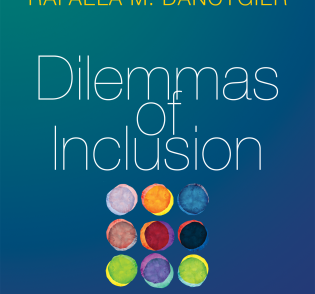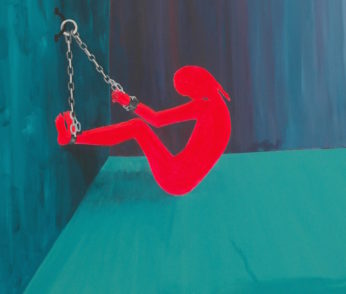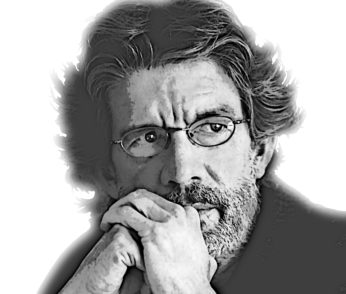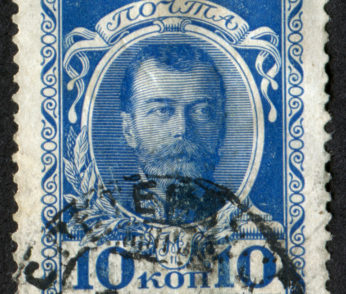Reviewed by Colin Brown
Recognition of the immigrant-origin electorate, and especially of the Muslim electorate, has grown in Europe in recent years. Academic studies have highlighted the increasing descriptive representation of migrant-background politicians at the local and national level—and have asked why this increase has been uneven.










